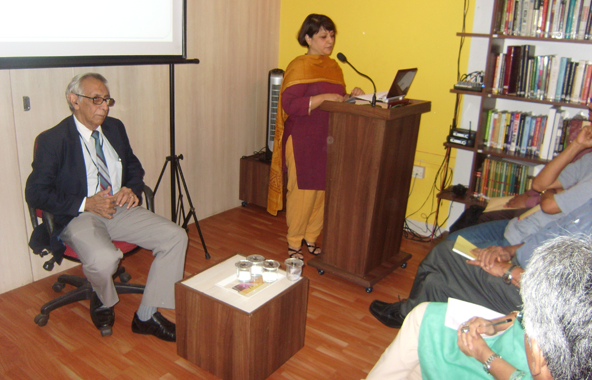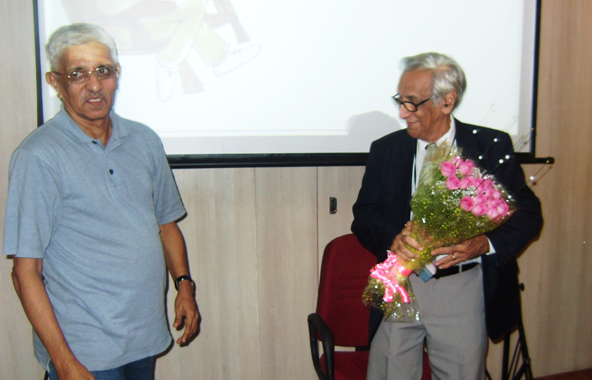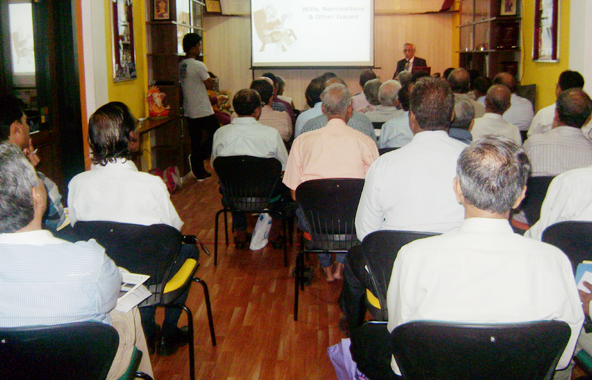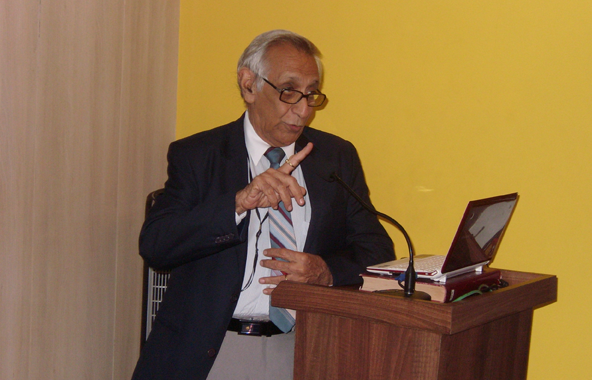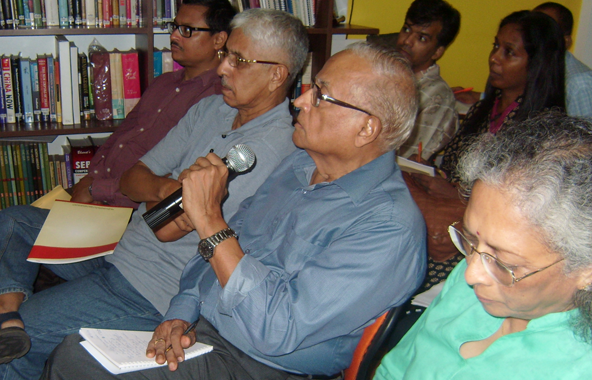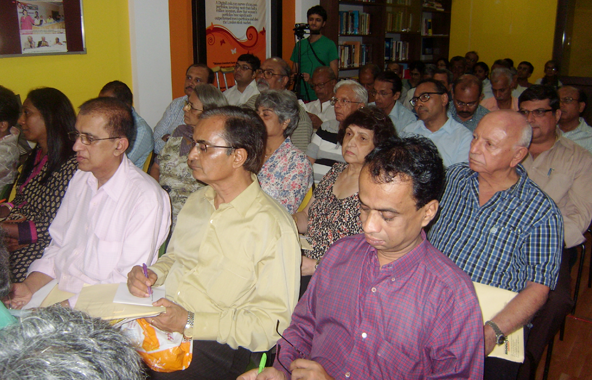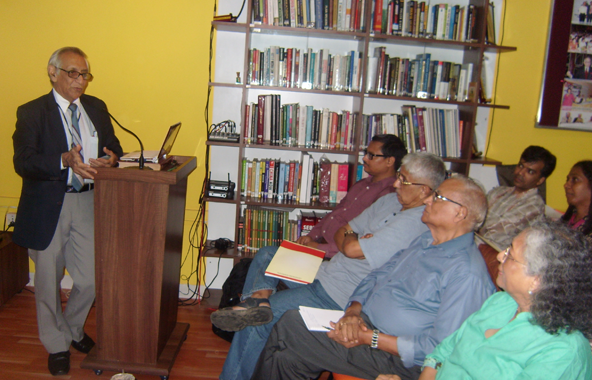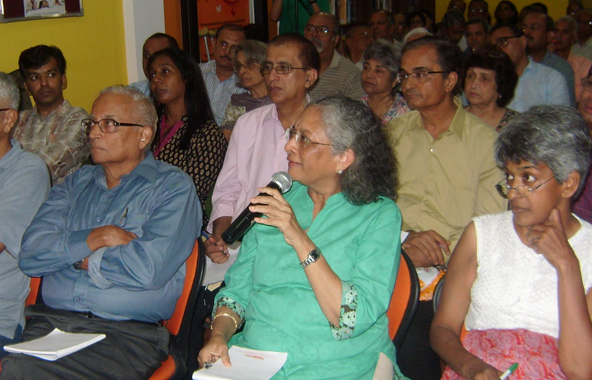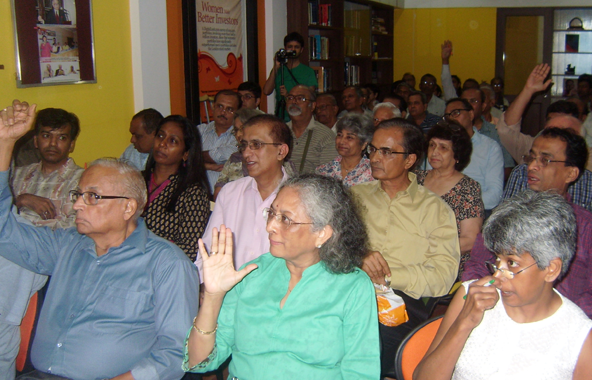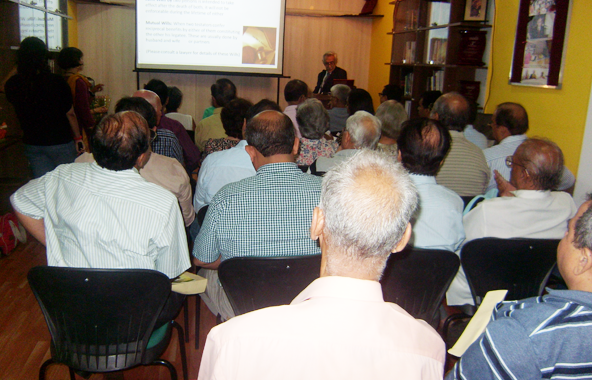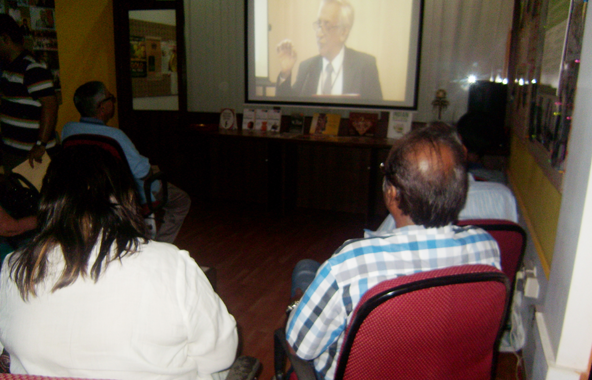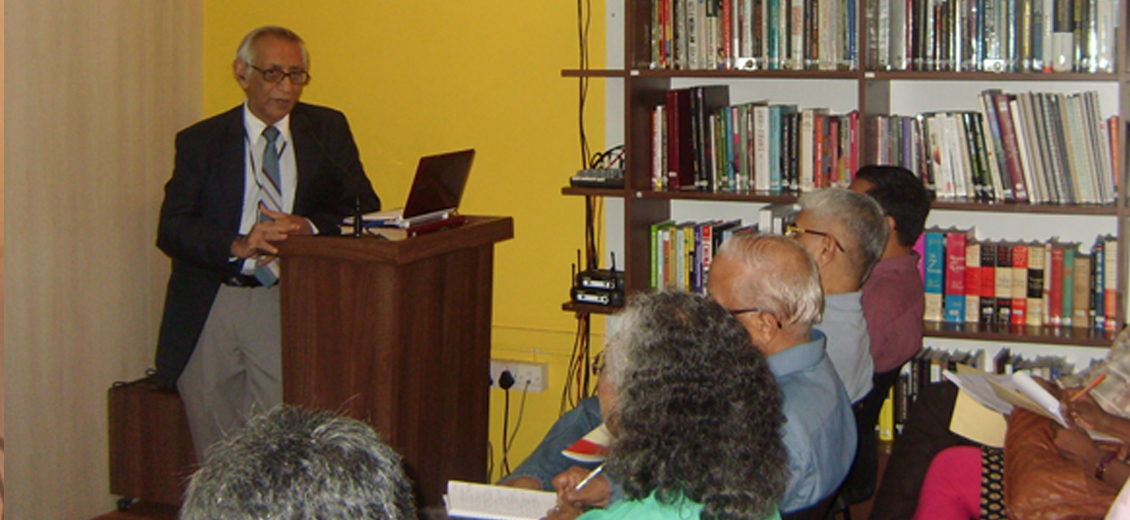
At Moneylife Foundation’s 171st event, Bapoo Malcolm, an experienced advocate practising civil and criminal law, spoke on the basic requirements of making a Will. Many delay in making a Will for many reasons. One of the reasons could be that there are many misconceptions. “A Will does not need to be registered, for that matter, even a handwritten Will written on a simple piece of paper will suffice,” explained Mr Malcolm. However, the Will should be legible and clear to understand, he emphasised. Not waiting for the last moment, one should start by preparing a simple Will, which can be updated any time. “At any point of time you should have a valid Will,” he said.
“A Will needs to be simple. You just have to give specific instructions about what has to be done with what you own. Just specify the property and the person,” explained Mr Malcolm. In order to create a clear Will you could even have a lawyer draft it, but ask him the meaning of every word, he said. “This may be your first Will but a lawyer would be going through over a dozen wills every month and would know the specifics,” he mentioned.
On clarifying whether a Will needs to be registered or not, he said “Registration is a grey area, mainly because if you then wish to make a second Will, you may not have the time to register it. If you realise the day you die that a relative is useless, you may not be able register this second Will. Then does the unregistered Will have more value than the registered one? Registration takes care of the safety issue. An unregistered Will could easily be lost. At least if it is registered you know that it is always in some government ward”
“A Will has to be interpreted. So it will all be interpreted according to the word of the law, which may not assign the same meaning as you intended.” Therefore, one should specify everything in the Will that would be subject to interpretation. For example, while mentioning names it is important to specify the relationship along with the date of birth of the person as there could be common names. Also if you wish to intentionally leave someone out of your Will, especially if it is a close family member, it is better to mention the name in the Will, if not, the person may contest the Will by saying you have forgotten their name, he explained.
Participants were also unclear about whom to appoint as an executor. “Without the executor, who will execute the Will? If this is not done, the court will appoint someone and there is no need for this,” he said. It is advised to take a written confirmatory note from your executor that he would execute the Will. But an executor can back out any time. Therefore, choosing a beneficiary as your executor could ensure timely execution of your Will. On a query to how many executors can one have, Mr Malcolm replied, “One can pick any number of executors, the law does not specify any limit. Ideally, three to four executors are advisable.” Also one could put a clause in the Will, that an executor can appoint another executor if he/she would be unable to execute the Will.
During the course of the session, Mr Malcolm spoke of the basic components of a Will as well as terms such as testator, executor, codicil, testamentary guardian and a detailed discussion on probate of a Will. He covered issues related to Wills, like registration, litigation possibilities, witnesses, executors, intestate problems. He also answered the queries of Moneylife Foundation members who raised their doubts.


